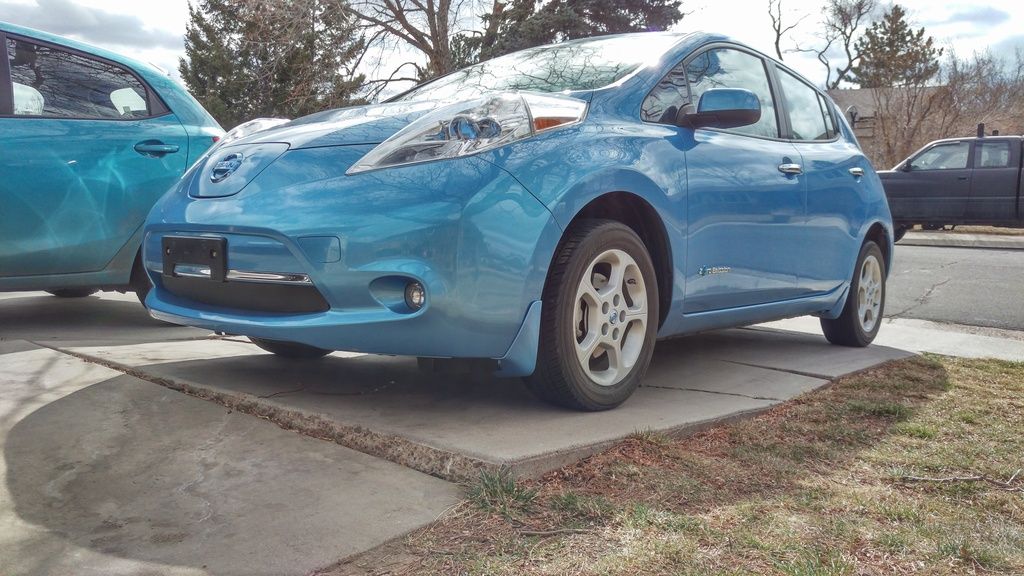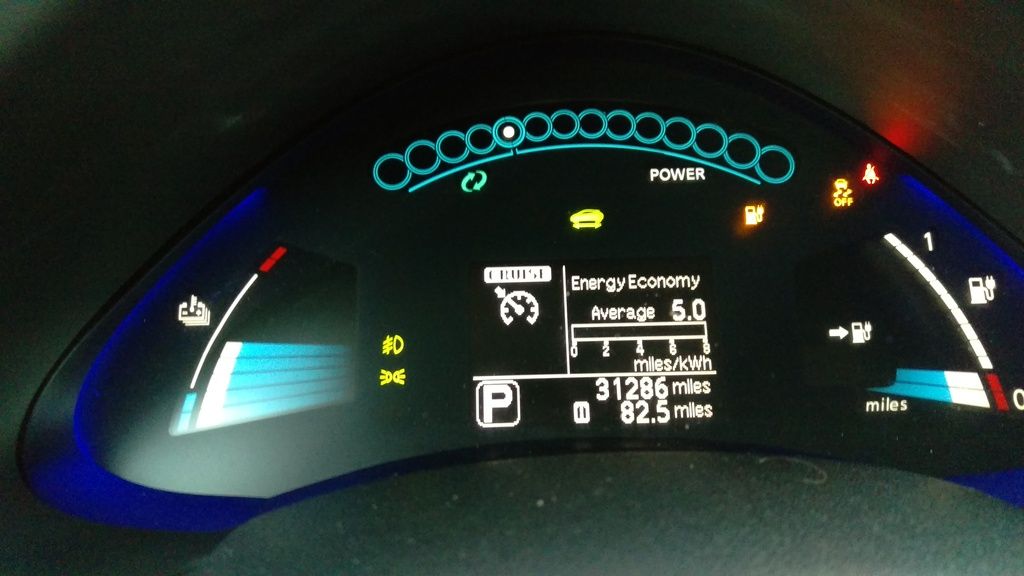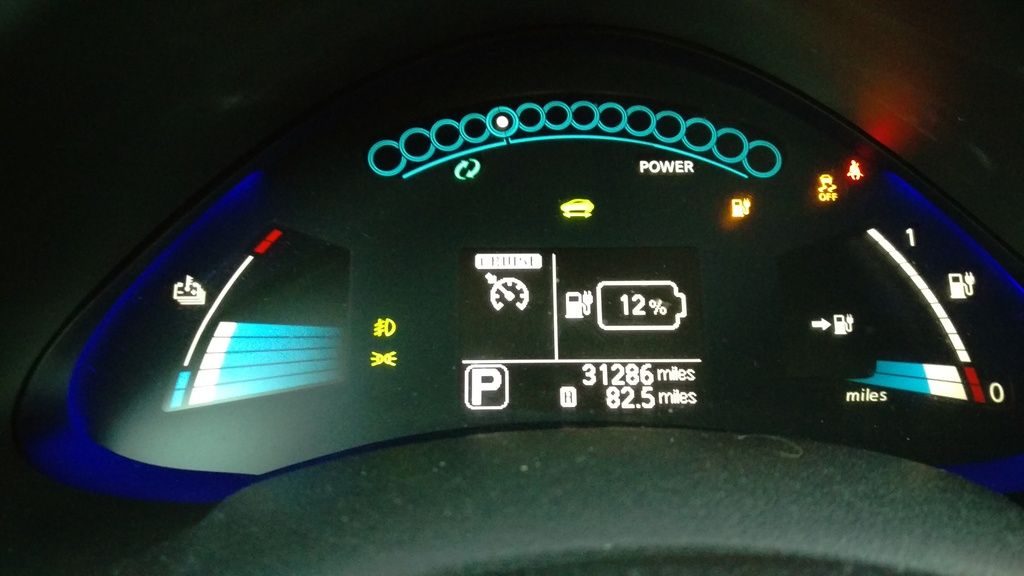jlv said:
I couldn't say it any better.
Thank you for your valuable and helpful contribution!
Just to be clear,
lorenfb and
jlv have done nothing in this thread except try to come up with reasons why aeromods like grill blocks and tire deflectors (which are things that manufacturers have implemented in automobiles since....oh I dunno
1930 or so!) don't do anything at all and are a waste of time and effort. These two, and a few others like them, fill up thread after thread with meaningless drivel that both doesn't help anyone and is supposed to be some sort of "voice of reason."
lorenfb and
jlv will make post after post with no information, no unique thought, no experimentation and will try to put that on the scale against people who actually try something, are doing the best they can in their free time with basic tools, and offer it freely to a community. They think they are practicing "science." In fact all they are practicing in pessimism and they have nothing to contribute but negativity.
Grill blocks and tire deflectors are things that have existed nearly as long as 4-rubber-wheel transport has existed. These basic concepts of aerodynamics are thoroughly documented from the halls of NASCAR to the top secret files of NASA. Weekend warriors practice these modifications on their amateur racecars, GM uses these techniques on their Volt and Bolt, Tesla on their cars. 18-wheelers implement them on their rigs. This is not some alien and extraordinary claim. Blocking the grill and deflecting air around tires makes a difference, plain and simple.
You're free to sit in your chair, lean back, and type some more useless, needless, helpless, negativity...in the meantime my Leaf will drive further than yours nananaaa booo boo.



